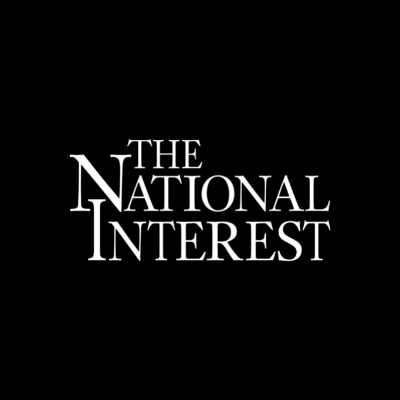 The National Interest Article Rating
The National Interest Article RatingWhy the United States Doesn't See Iran as its Primary Threat
- Bias Rating
- Reliability
N/AN/A
- Policy Leaning
82% Very Right
- Politician Portrayal
-65% Negative
Continue For Free
Create your free account to see the in-depth bias analytics and more.
By creating an account, you agree to our Terms and Privacy Policy, and subscribe to email updates.
Bias Score Analysis
The A.I. bias rating includes policy and politician portrayal leanings based on the author’s tone found in the article using machine learning. Bias scores are on a scale of -100% to 100% with higher negative scores being more liberal and higher positive scores being more conservative, and 0% being neutral.
Sentiments
N/A
- Liberal
- Conservative
| Sentence | Sentiment | Bias |
|---|---|---|
Unlock this feature by upgrading to the Pro plan. | ||
Reliability Score Analysis
Policy Leaning Analysis
Politician Portrayal Analysis
Bias Meter
Extremely
Liberal
Very
Liberal
Moderately
Liberal
Somewhat Liberal
Center
Somewhat Conservative
Moderately
Conservative
Very
Conservative
Extremely
Conservative
-100%
Liberal
100%
Conservative

Contributing sentiments towards policy:
63% : Geography and the military factor make it a more viable partner for Iran.59% : And even if Tehran did manage such an improbable feat, would success empower it to reach out and smite the New World?
56% : If Tehran covets an alliance with them, let's cheer it on.
53% : Most importantly, India is the resident hegemon of South Asia and overshadows Iran by diplomatic, economic, and military measures.
52% : : Iran is much in the headlines of late.
52% : Iran clearly boasts enormous capacity for mischief-making, it clearly relishes tweaking the Great Satan, and it has options.
52% : Tehran can court fellow opponents of American dominance, chiefly China and Russia, and bog down U.S. forces at a time when Washington prefers to apply itself to great-power competition in the Indo-Pacific and Atlantic rather than some Middle Eastern bywater.
50% : If Washington did balk at dispatching naval forces to the Gulf region or its approaches, Tehran would have deflected U.S. efforts to project power; discredited U.S. alliance commitments to neighbors Iranian magnates wanted to cow; and in the process won the freedom to pursue power and influence by such means as clerical leaders saw fit to deploy.
49% : For example, Tehran will probably develop a modest nuclear arsenal over time.
45% : And without that overbearing power, it stands little chance of overawing others into bandwagoning with Tehran and doing the mullahs' bidding.
45% : And without that overbearing power, it stands little chance of overawing others into bandwagoning with Tehran and doing the mullahs' bidding.
44% : Iran falls short of hegemonic status even in the Middle East, and Washington has other priorities to address.
39% : What would the legendary geopolitics scholar, Yale professor Nicholas Spykman, say about the sputtering confrontation between the United States and Iran?
38% : Collectively, though, they field serious military power funded by oil wealth that -- unlike Iran's -- is unencumbered by economic sanctions.
36% : None of these Sunni Arab states could stand up to Iran in a one-on-one scrap.
31% : Yet Iran falls woefully short of hegemonic status.
30% : Iran is a troublemaker for sure.
*Our bias meter rating uses data science including sentiment analysis, machine learning and our proprietary algorithm for determining biases in news articles. Bias scores are on a scale of -100% to 100% with higher negative scores being more liberal and higher positive scores being more conservative, and 0% being neutral. The rating is an independent analysis and is not affiliated nor sponsored by the news source or any other organization.






















